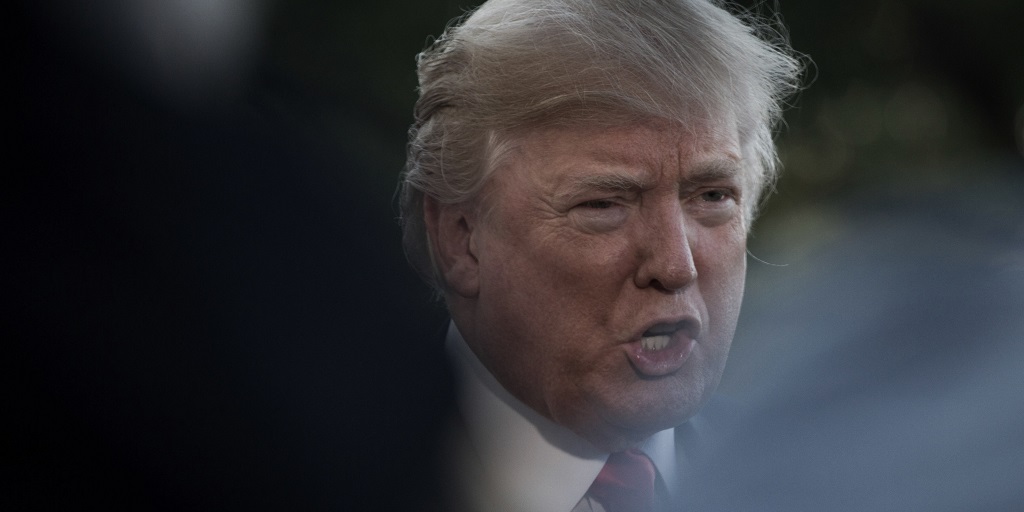When the Trump administration proposed an overhaul of federal policy regarding when immigrants could be denied green cards or visas based on use of public benefits – the public charge rule – it made an impact in immigrant communities long before it technically took effect. Even early reports of what the administration was considering as grounds for exclusion led families to start disenrolling from public benefits for which they, and their U.S.-born children, were eligible.
The rule was struck down in federal court and the Biden administration declined to continue defending it. But even though the rule is no longer in effect—and the president who proposed it is no longer in office—the “chilling effect” continues.
New data from the Urban Institute, based on a survey of families in December 2022, shows that a quarter of mixed-status families – families in which at least one member does not yet have a green card – reported that they have avoided applying for “non-cash benefits” (including Medicaid, SNAP, and housing subsidies) in the last year because of concerns about its effect on their future green card applications. These “non-cash benefits” were considered in green card applications under the Trump-era public charge rule, but under current policy they have no bearing on whether someone will be granted a green card.
The persistence of the chilling effect is confirmed by looking at the past several years of the same survey.
In the first wave of the Urban Institute survey, in December 2018 – when Trump’s public charge rule had been proposed but not finalized – the chilling effect was measured at 21.8% of immigrant families, rising to 31.0% in 2019 shortly before the rule took effect. In December 2020, in the midst of the COVID-19 pandemic, Urban Institute found that 27.7% of mixed-status families reported a chilling effect. That’s not meaningfully different, statistically speaking, from the 25% in the most recent survey.
It may not be that surprising that immigrant families aren’t familiar with the minutiae of federal rulemaking, and therefore don’t know that the public charge rule is no longer in effect. (In past versions of the survey, researchers found that many respondents weren’t aware of important exceptions to the rule, and were avoiding even benefits the rule didn’t cover, such as free and reduced-price school lunches.) But the fact that the change in presidential administration, which many people assume will change policy automatically, has done so little to reduce the chilling effect is concerning.
It is, of course, possible that families are avoiding use of public benefits in case a future administration changes the public charge rule back again – even though that would be difficult to do, since the Biden administration has codified its own public charge regulation. (Prior to Trump, interpretation of the “public charge” bar for green cards was merely guidance, allowing the Trump administration to propose a new regulation changing it.)
What is especially frustrating is that if a future president reverted to Trump’s public charge policy, families who had refused to receive benefits out of fear wouldn’t necessarily be helped by having done so. Under the public charge rule, applicants are penalized for being “likely” to require certain government assistance in the future – which meant that families who were eligible for public benefits but did not actually sign up to receive them could still be at risk of being denied green cards.
It’s a lesson that it’s much easier to scare people than to make them feel safe again.
FILED UNDER: public charge


